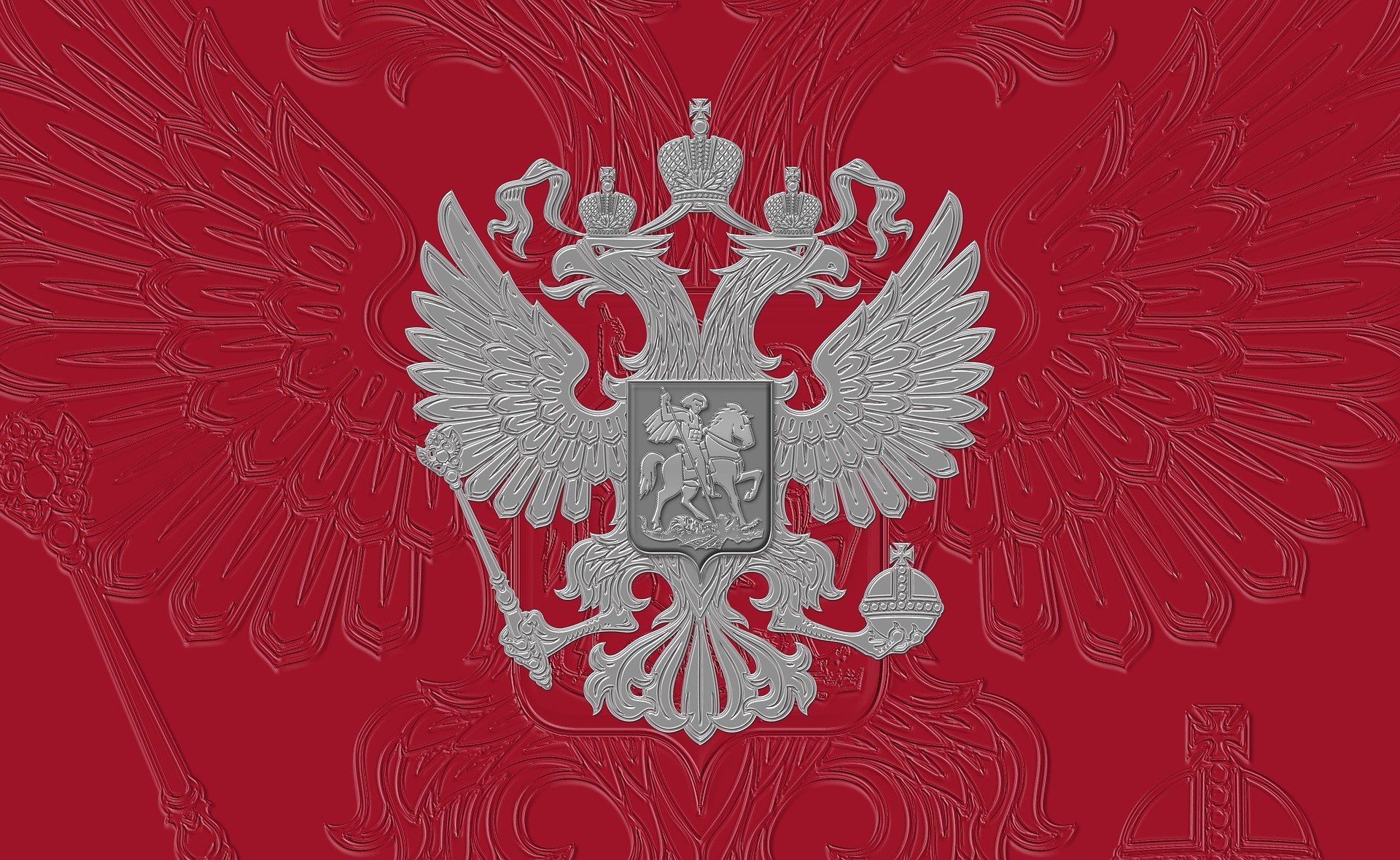In response to the publication of the McLaren Report on 18 July 2016 the International Paralympic Committee (IPC) has suspended the Russian Paralympic Committee with immediate effect due to “its inability to comply with the IPC Anti-Doping Code and the World Anti-Doping Code”. The result is that the Russian Paralympic Committee will not be able to enter its athletes in the Rio 2016 Paralympic Games.
This means that there will be no equestrian athletes representing Russia at the Rio 2016 Paralympic Games. Para dressage riders Natalia Martyanova, Natalya Zhavoronkova and Marina Vinogradova had been nominated by Russia to compete at the Games.
The McLaren Report, produced by the World Anti-Doping Agency (WADA), found evidence of Russian state sponsored subversion of anti-doping processes.
The decision of the IPC is in contrast to that taken by the International Olympic Committee (IOC) in the wake of the publication of the McLaren Report. Rather than impose a blanket ban on athletes the IOC left it to each sport’s International Federation to decide whether athletes met certain conditions (acting as individual anti-doping safeguards) to their satisfaction allowing them to compete.
This has resulted in inconsistency whereby Russian equestrian athletes have been allowed to compete at the Rio Olympics but will be banned from the Paralympics. The FEI President Ingmar De Vos released a statement on 7 August expressing his disappointment at the IPC’s decision. The statement read:
We are very disappointed with today’s IPC decision. Like our Paralympic athletes from all other countries, our three Russian athletes have trained hard to make it to the Paralympic Games and we are troubled that today’s announcement means they cannot participate in Rio. Just as for the Olympic Games, we believe the individual International Federations should be given the opportunity to defend the rights of their clean athletes. Today’s IPC decision does not give us that opportunity. We will not embark on any reallocation process until the appeal period has expired and any potential procedures have concluded.
Russia is expected to appeal the ban and has until 28 August 2016 to do so. A spokesperson for the Court of Arbitration for Sport has said there will be sufficient time to conduct the process before the Games start on 7 September 2016.
